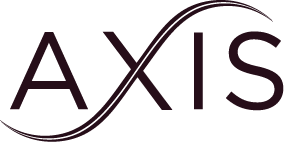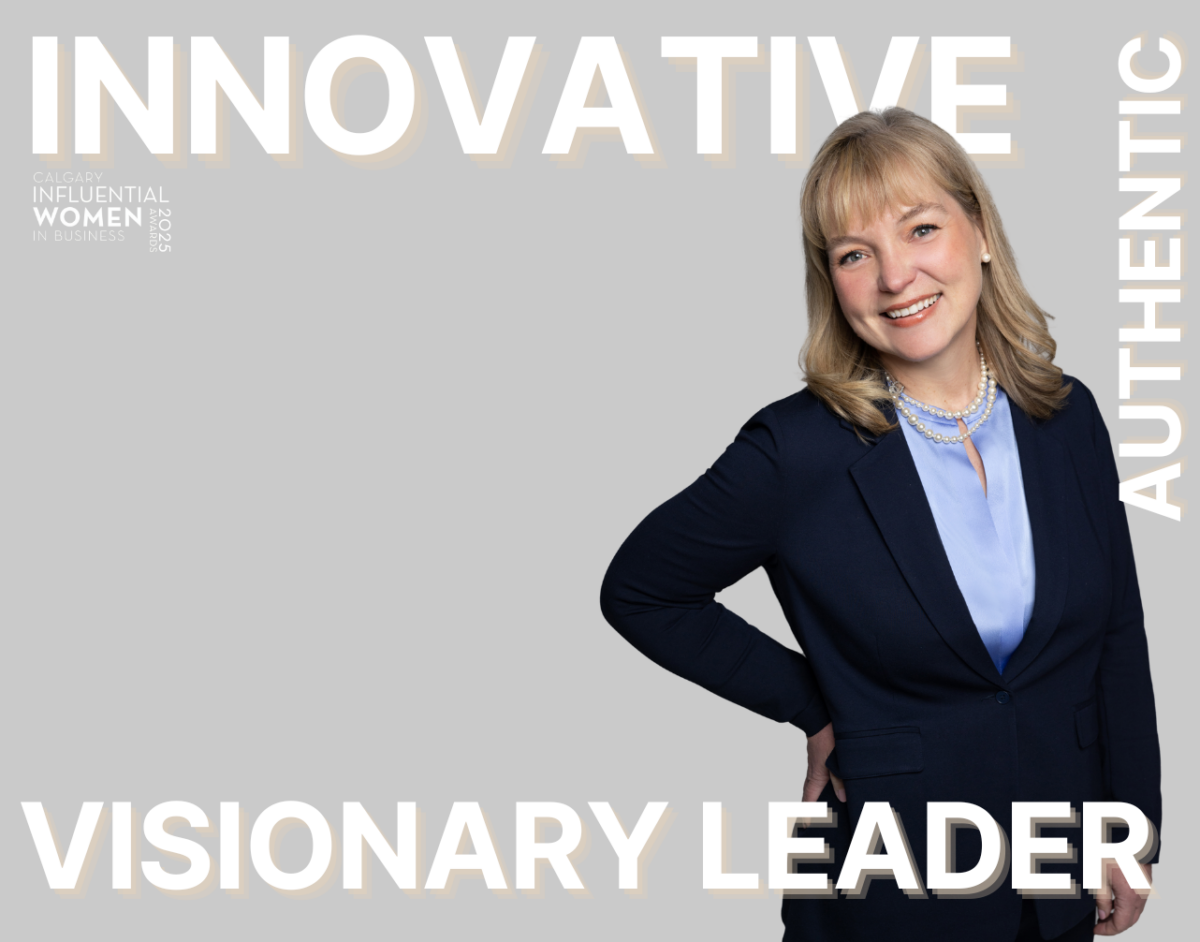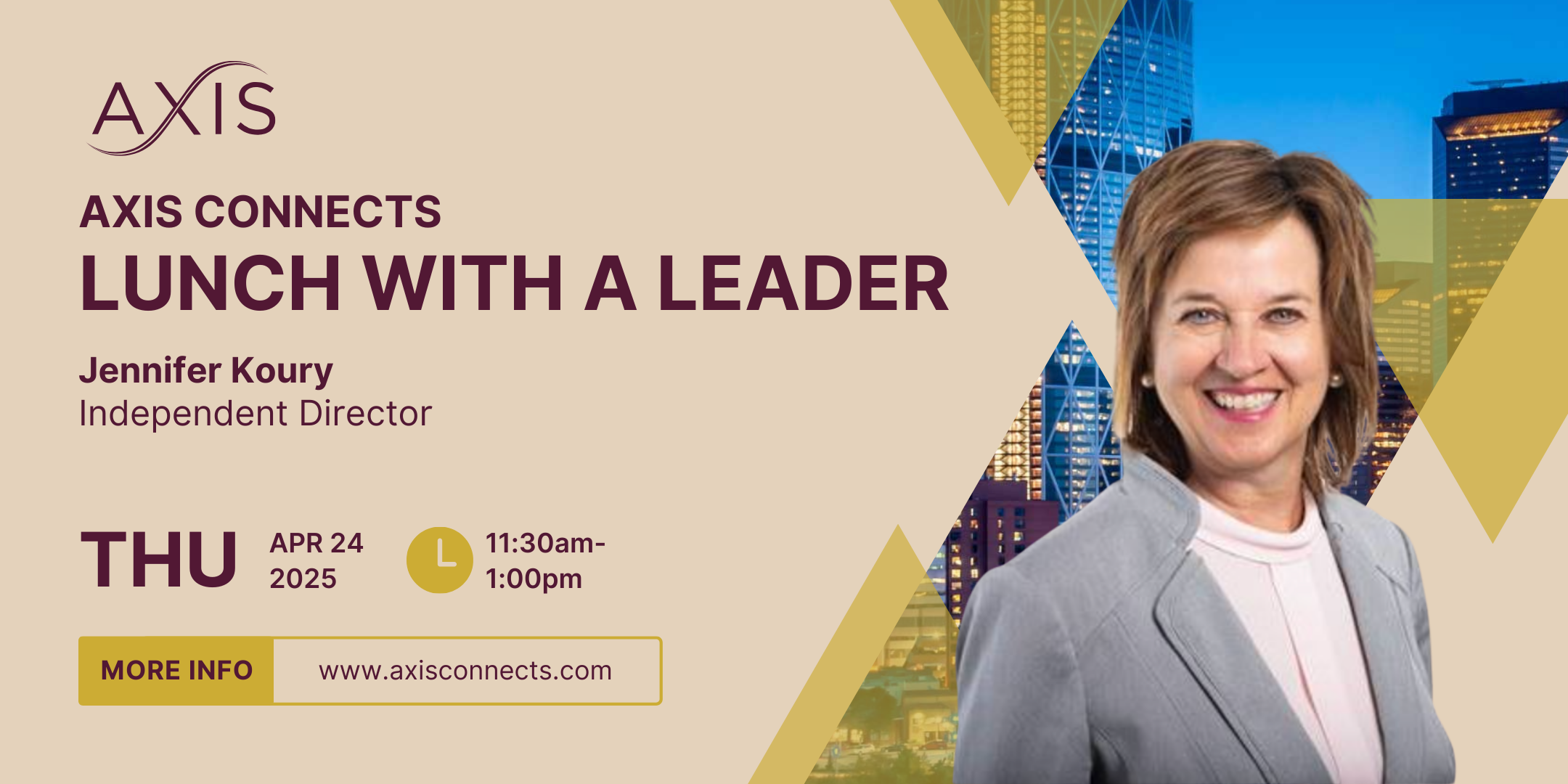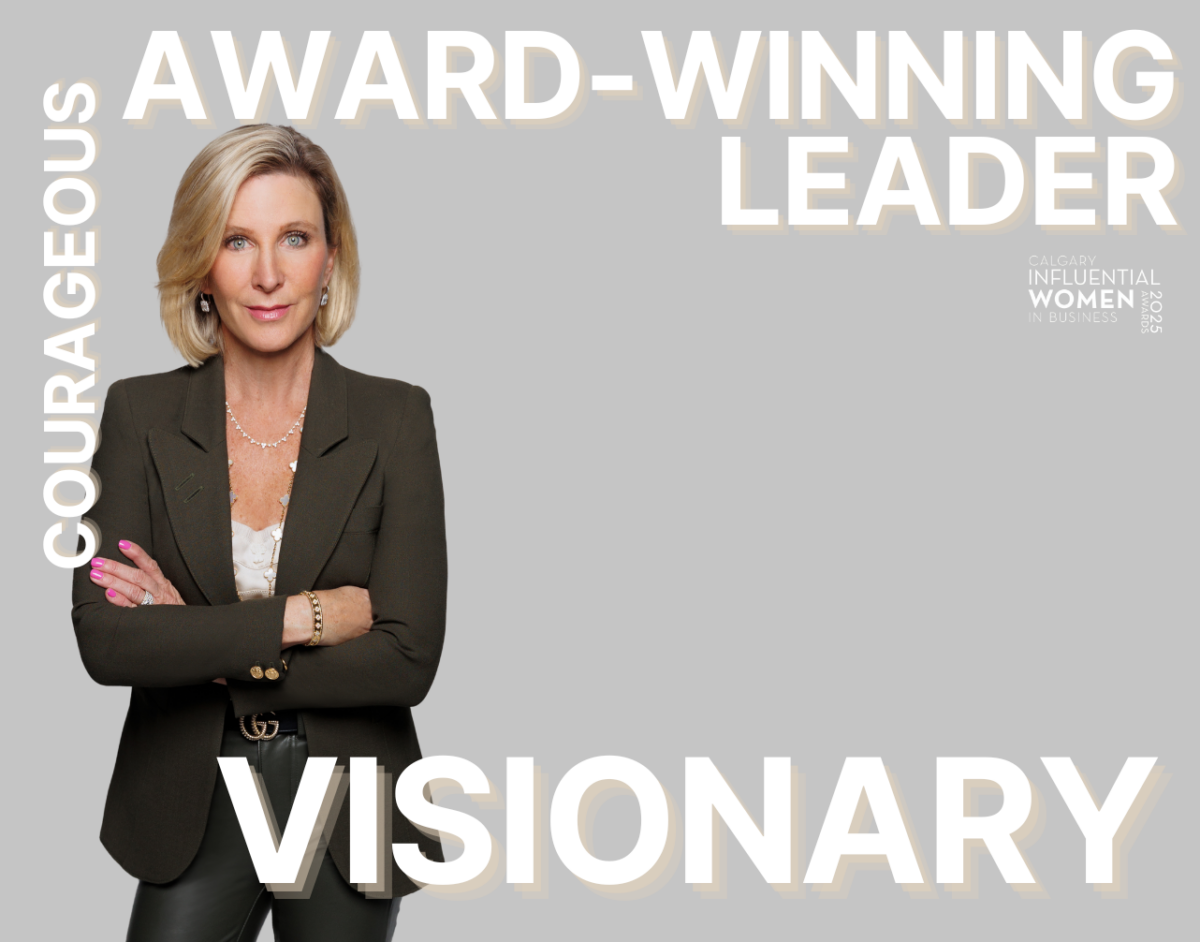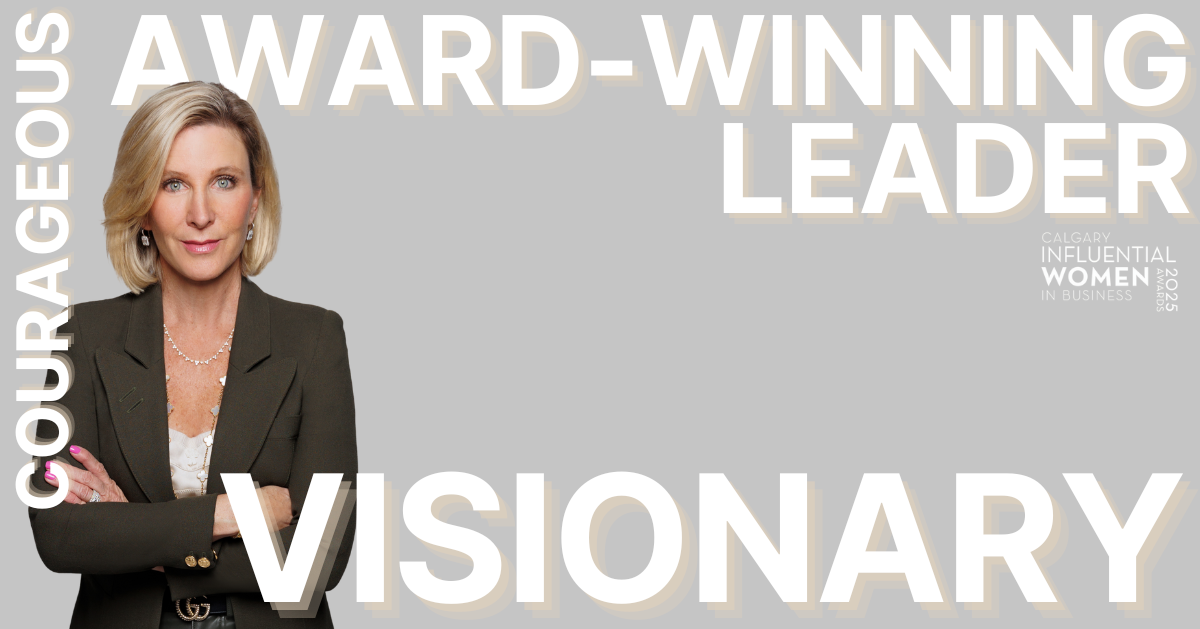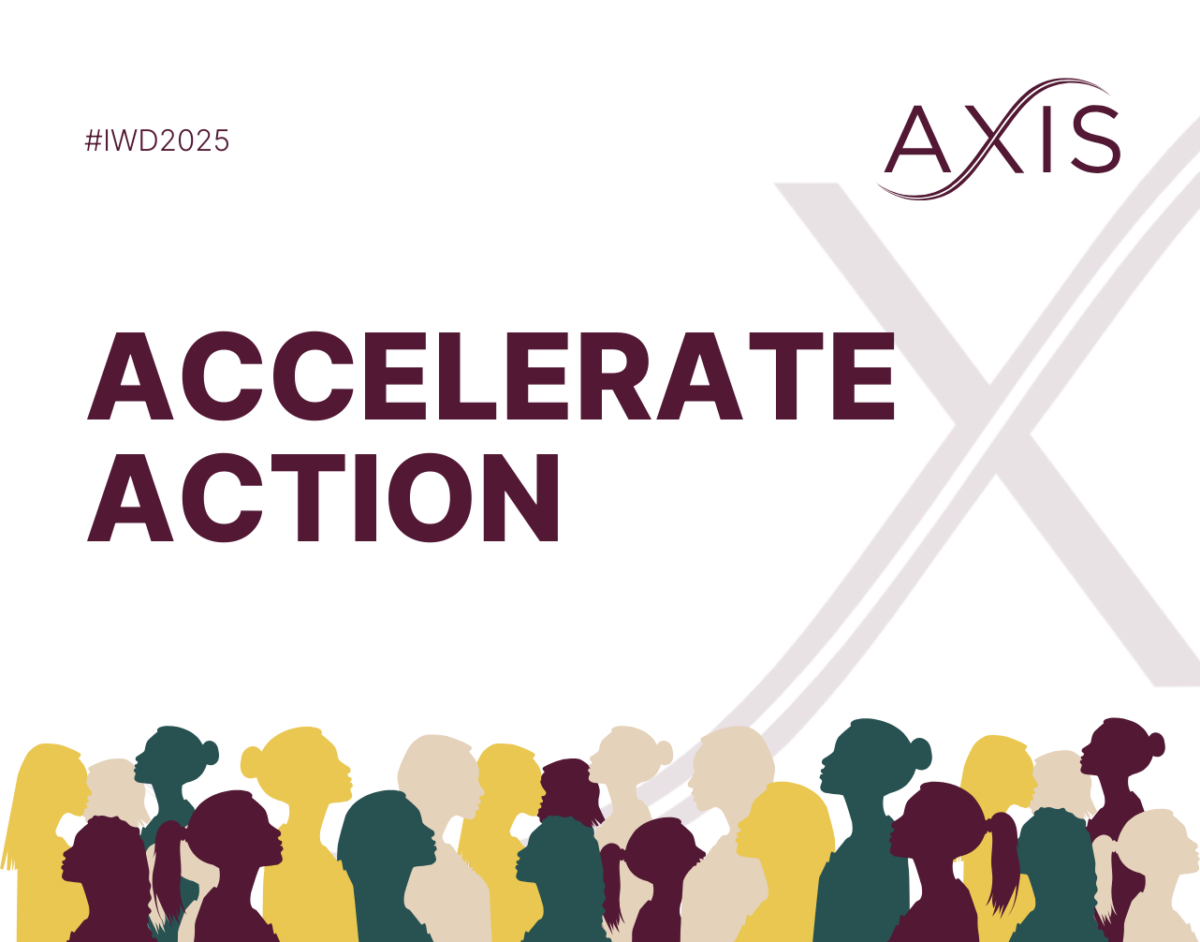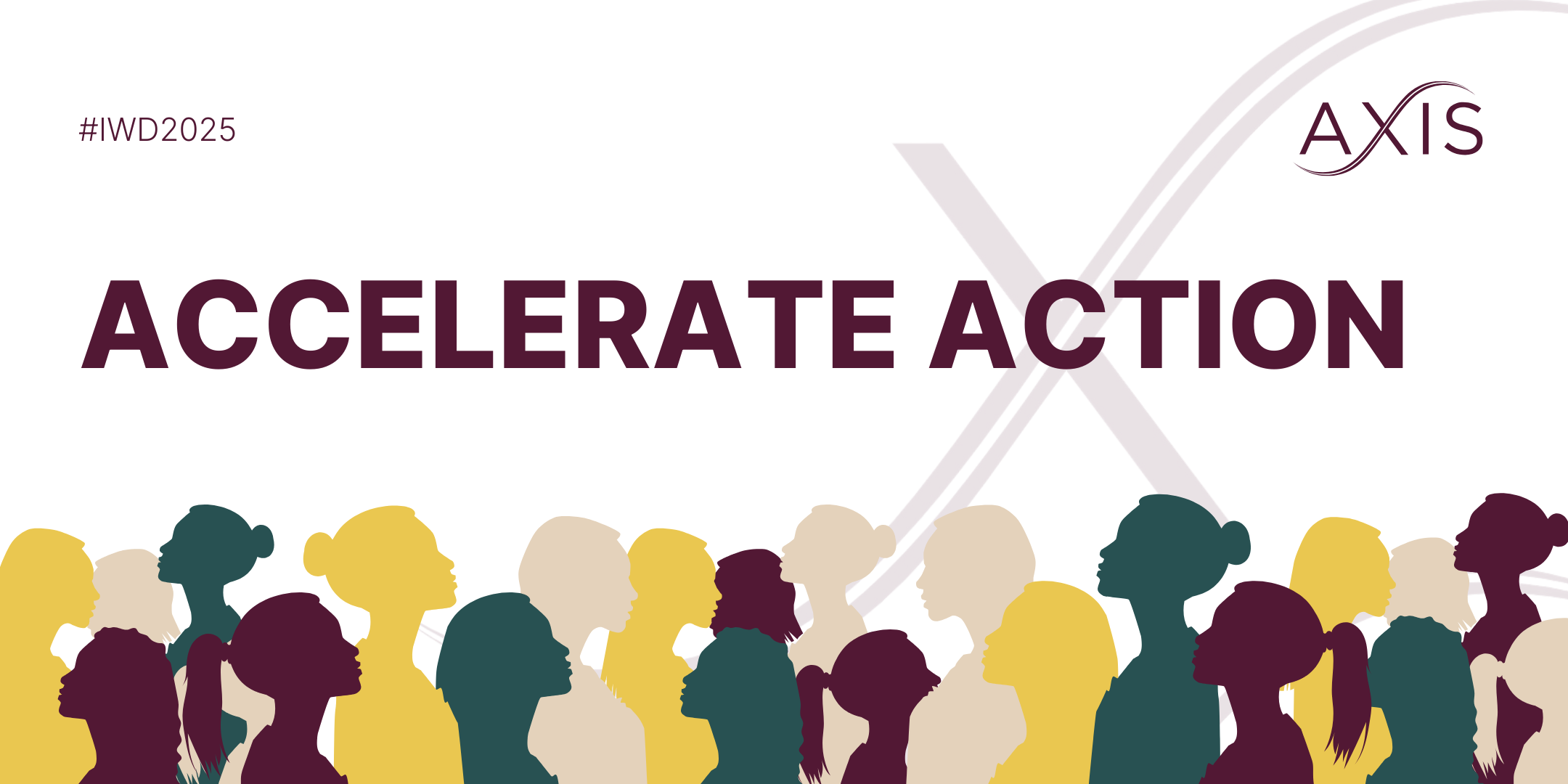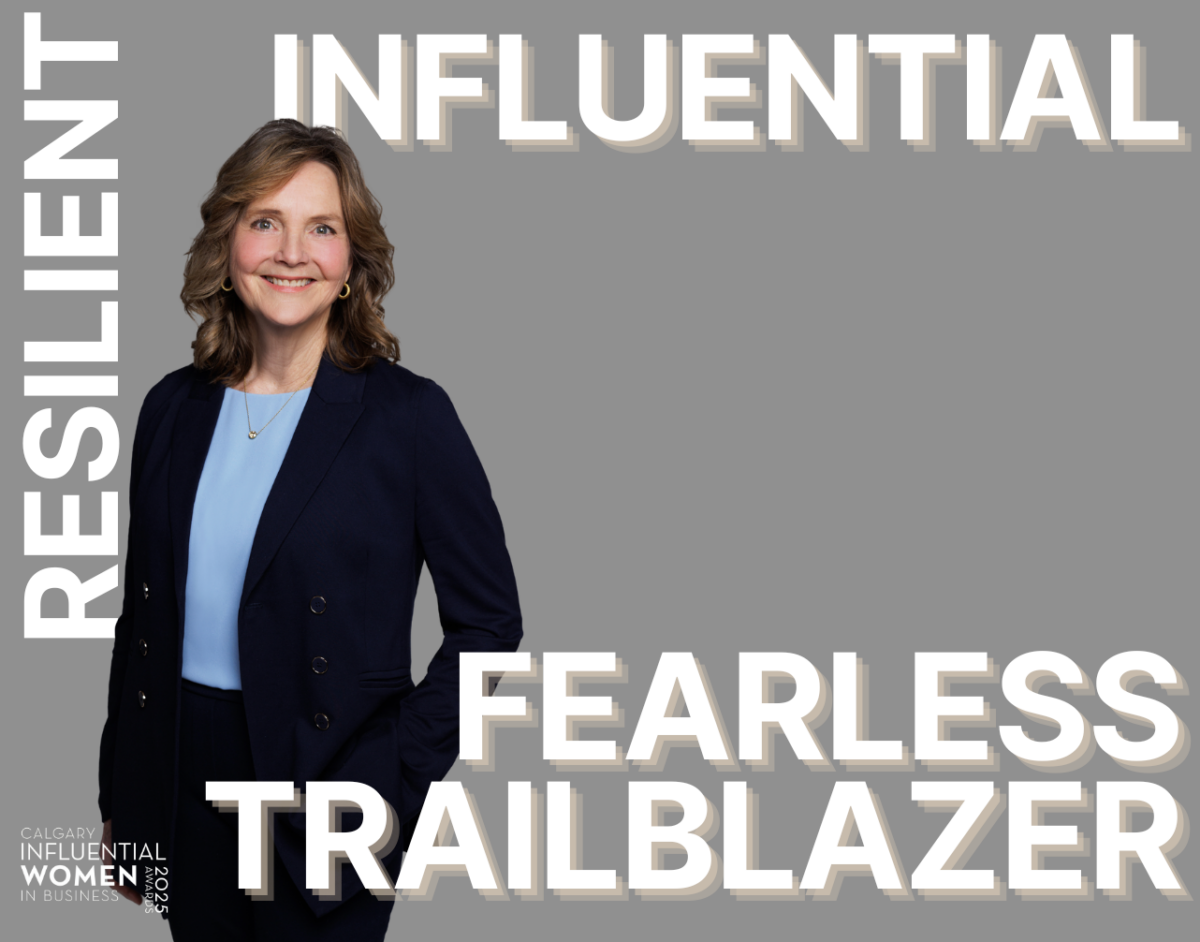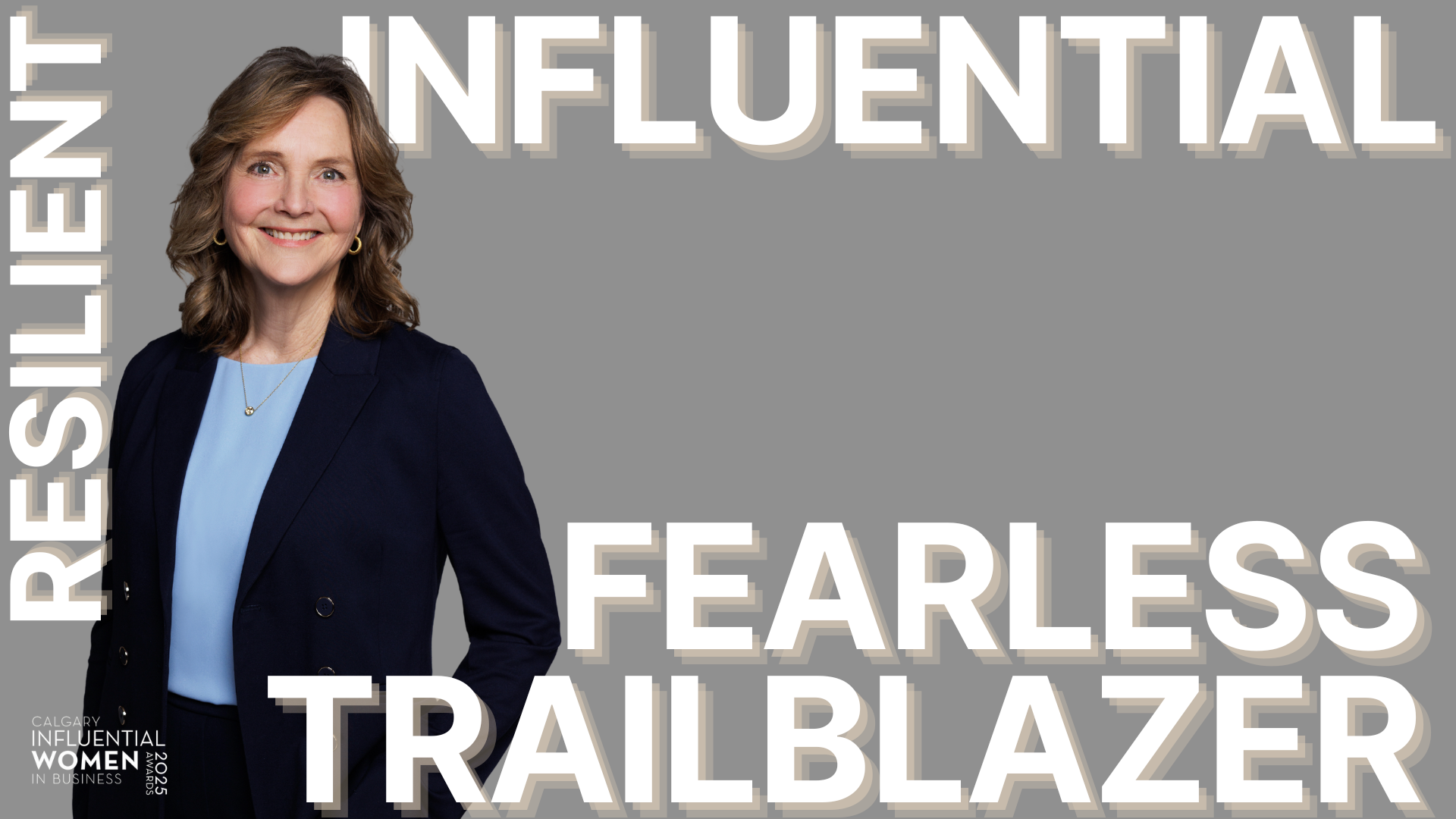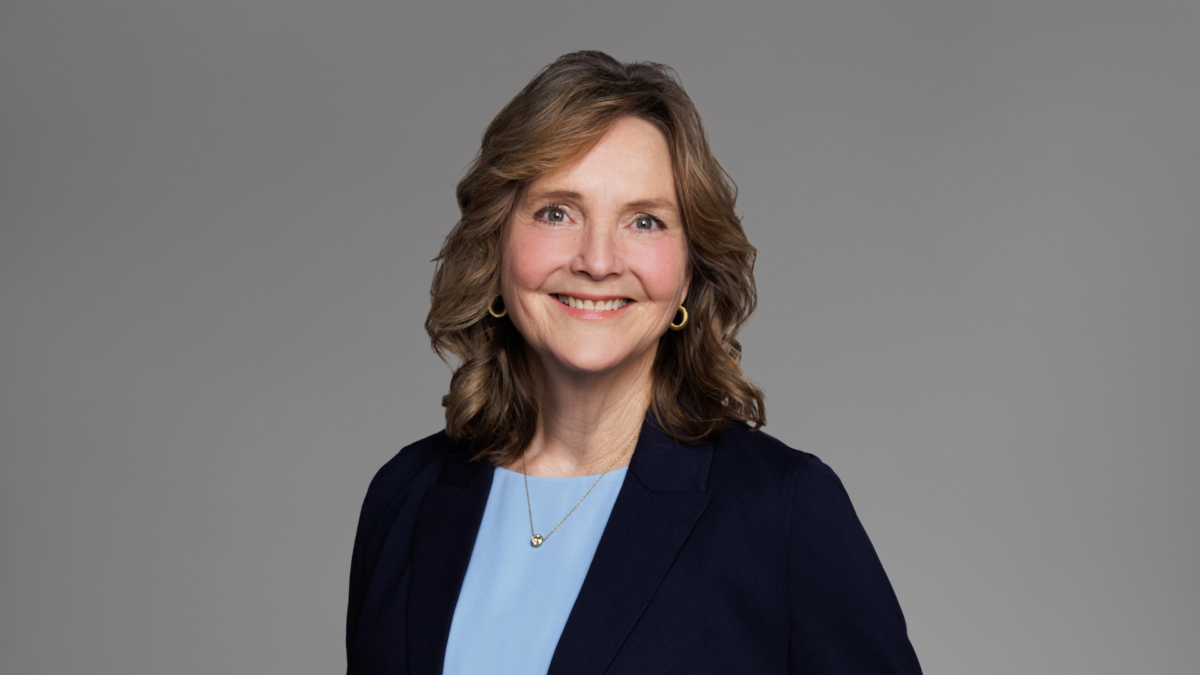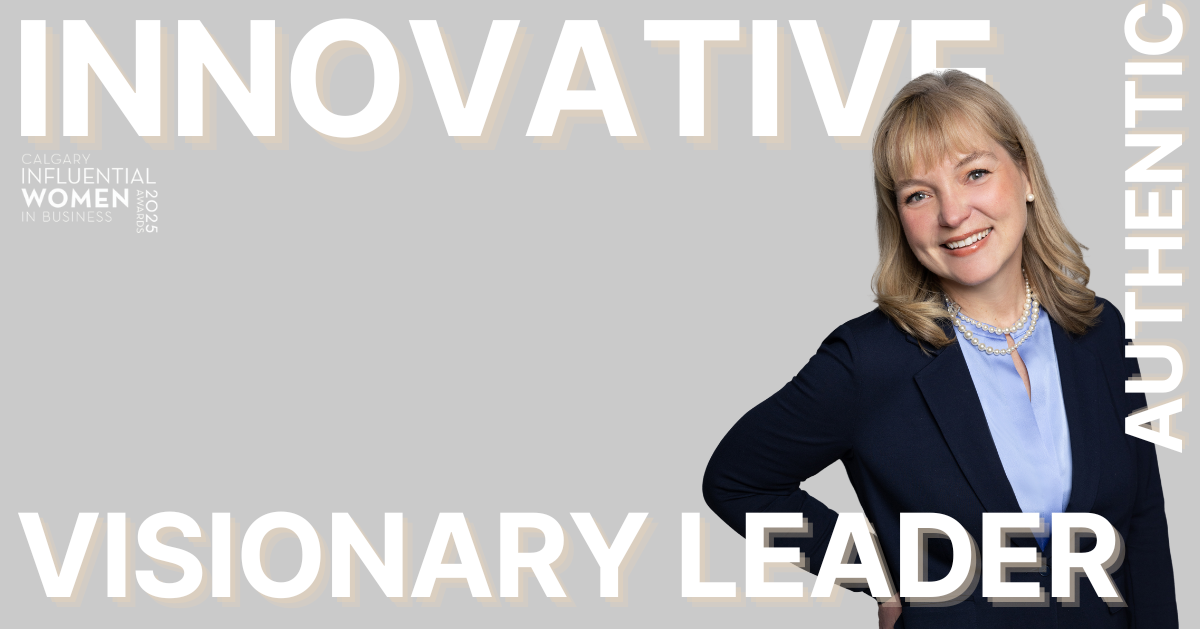
At the Calgary Influential Women in Business Awards, we celebrate the exceptional leaders who are shaping industries, mentoring the next generation, and championing diversity in the workplace. This year, we are thrilled to honour Shelley Powell as the 2025 Large Enterprise Award recipient. With more than 30 years of experience in the energy sector, Shelley has built a reputation for leading with resilience, lifting others up, and pushing boundaries to drive meaningful change.
A Leader Rooted in Purpose
For Shelley, leadership is not just about results—it’s about people. She believes that success comes from creating an environment where individuals can thrive. “People come to work every day to do their best, and my role as a leader is to help them become the best version of themselves.” From her early days in the industry, Shelley recognized that real leadership isn’t about molding people into a single vision; it’s about empowering them to discover their own strengths and potential.
In her current role as Senior Vice President of Operational Improvement & Support Services at Suncor Energy, Shelley leads global teams with a philosophy rooted in trust, collaboration, and a deep sense of purpose. “At work, we need to be tough on issues, not on people. My job is to help people flourish and be successful based on what they can do.”
Strength Through Adversity
The defining moments of Shelley’s career weren’t the easy ones—they were the challenges that tested her resilience. “The moments that have mattered most in my career were often the toughest ones—those times when you just want them to be over. But looking back, they were when I learned the most and grew the most.”
Shelley embraces adversity as an opportunity to grow, believing that the hardest experiences often lay the foundation for future success. “Storms make trees grow deeper roots.” That mindset shapes her leadership journey and fuels her commitment to continuously evolve and challenge herself.
The Power of Sponsorship and Mentorship
Throughout her career, Shelley has championed the next generation of leaders, recognizing that mentorship alone isn’t enough—sponsorship is just as critical. “Mentorship has been incredibly important to me, but sponsorship is what has helped me advance. Who is putting your name forward behind closed doors? Who is advocating for you when you’re not in the room?”
Shelley ensures that the support she received throughout her journey is paid forward. Whether in the boardroom, the workplace, or the community, she is intentional about creating opportunities for others to step up, be seen, and thrive.
A Commitment to Community
Shelley’s leadership extends far beyond the corporate world. She sits on the board of trustees for the Alberta Cancer Foundation and the board of directors of Canada Powered by Women. Shelley also previously served as the chair of Keyano College’s board of governors and the board of directors at the Wood Buffalo Community Foundation. She is passionate about education, mentorship, and creating opportunities for future generations. “I love the volunteer work I do because it allows me to give back using the skills I’ve built over the years. It’s about making a difference where it matters most.”
Her dedication to community service reflects her belief that leadership is not just about driving business success—it’s about creating lasting impact.
Empowering the Next Generation
For Shelley, one of the most rewarding aspects of leadership is inspiring young women to step outside their comfort zones. “Push yourself into areas that scare you, the ones you’re not sure you can walk into, because those are the spaces you’ll grow the most. Take that step, be bold, and make it happen. You are awesome—just keep going.”
Her own career path has been anything but linear. “Thirty years ago, I started at a refinery in Sarnia as a process operator with a flashlight and a pipe wrench. I had no idea that some of the best lessons of my career were happening right then.” Her story is a testament to the power of taking risks, embracing challenges, and being open to unexpected opportunities.
A Vision for the Future
As Shelley looks ahead, she is more committed than ever to making lasting impacts. “These days, I want to work on things that are bigger than me. I want to impact the system, to move the needle, not just tinker at the edges of problems.” Her leadership is driven by a desire to create change that goes beyond individual success—one that benefits industries, communities, and future generations.
Her philosophy is simple: work should be meaningful, relationships should be genuine, and learning should never stop. “Life is way too short to be miserable at work every day.” She thrives on collaboration, surrounding herself with people who challenge and inspire her, knowing that the best ideas come from working together.
A Legacy of Impact
Shelley Powell’s leadership is defined by resilience, generosity, and a relentless pursuit of excellence. As she continues to break barriers, mentor others, and give back, she leaves a legacy that extends far beyond her own accomplishments. “I really hope awards like this normalize the success and achievements of women. We should celebrate each other, cheer each other on, and make this the norm.”
Shelley’s journey is proof that leadership is not just about where you end up—it’s about how you lead, who you lift up along the way, and the impact you leave behind. Please join us in celebrating Shelley Powell, a leader who embodies courage, purpose, and heart.
Her philosophy is simple: work should be meaningful, relationships should be genuine, and learning should never stop. “Life is way too short to be miserable at work every day.” She thrives on collaboration, surrounding herself with people who challenge and inspire her, knowing that the best ideas come from working together.
About Axis Connects
Axis Connects is changing leadership. From the c-suite to the boardroom, we support and accelerate the advancement and recognition of gender diversity throughout our business community. We believe that gender diversity at the leadership table matters. Through Axis Connects’ programs, workshops, networks, and events, we support women in their journey towards leadership positions and professional potential. www.axisconnects.com
About the Calgary Influential Women in Business (CIWB) Awards
The Calgary Influential Women in Business (CIWB) Awards recognize the incredible business leaders advancing women and diverse professionals in Calgary. Honourees were chosen based on their professional accomplishments, advocating for advancing women, influence, and business community involvement. The CIWB Awards recognizes five outstanding female business leaders and one male champion for women in Calgary and celebrates their accomplishments.


